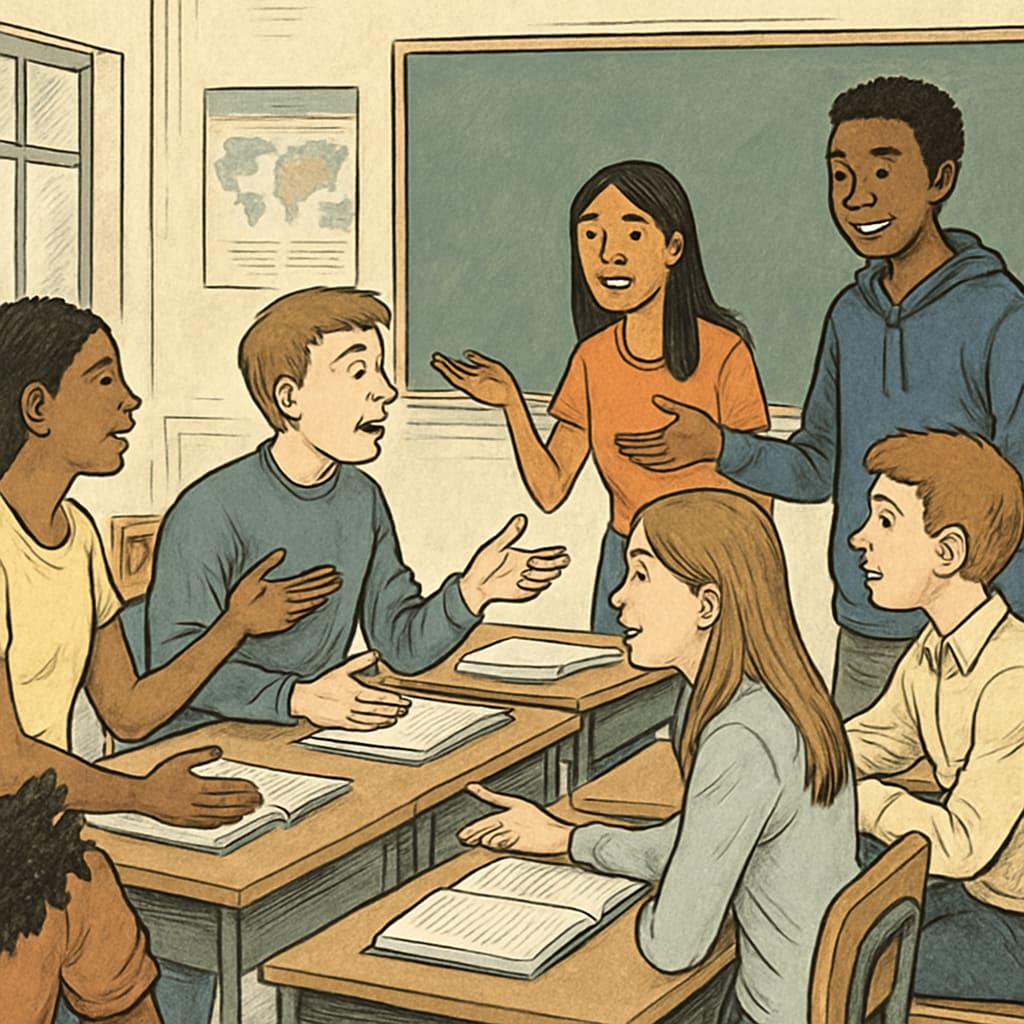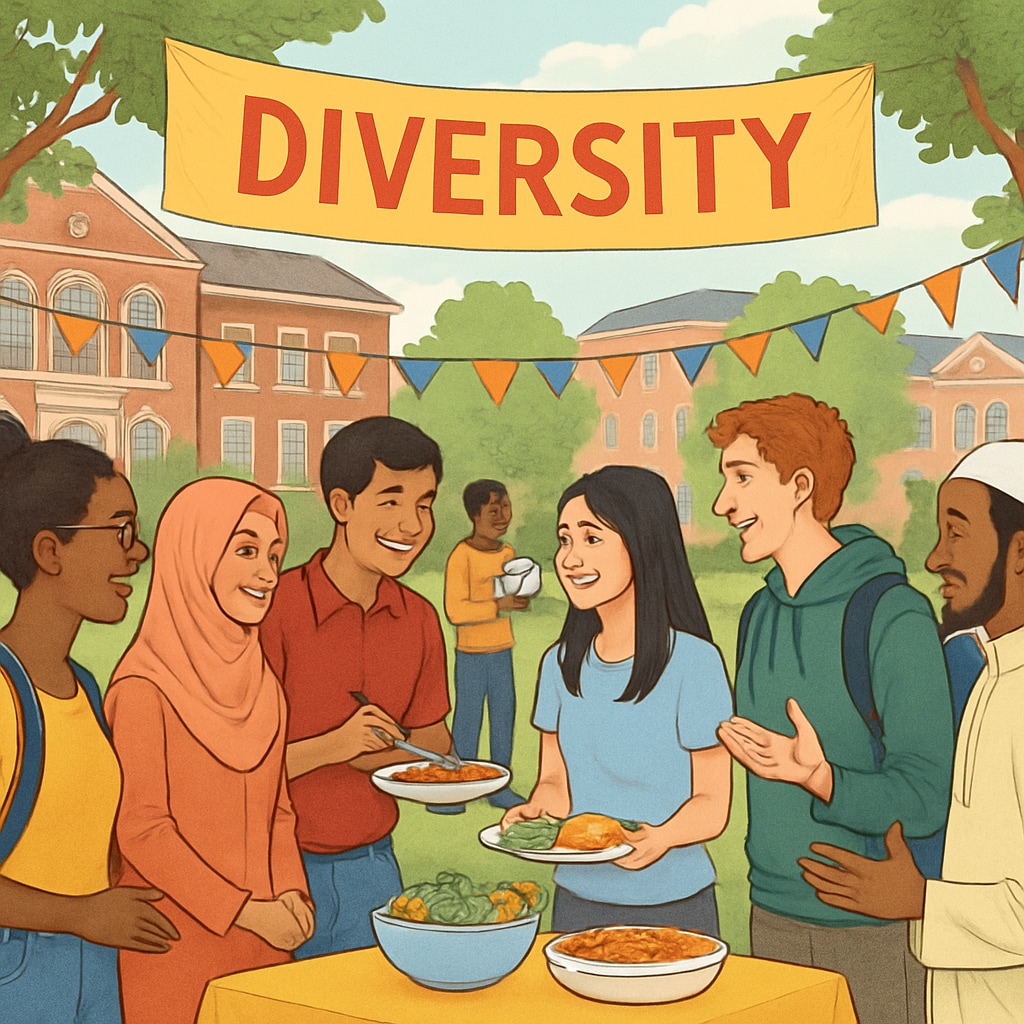Higher education has long been recognized as a transformative phase in life, shaping not only academic knowledge but also critical thinking, personal growth, and character development. It goes beyond the confines of textbooks, fostering self-awareness, inclusivity, and the ability to evaluate and question ideas. In this article, we delve into how higher education profoundly impacts individuals’ cognitive and emotional faculties, and how the foundation laid during K-12 education sets the stage for this growth.

The Role of Higher Education in Critical Thinking
Critical thinking—the ability to analyze, evaluate, and synthesize information—is a cornerstone of higher education. Unlike primary and secondary education, which often emphasize rote learning, higher education encourages students to question, debate, and explore diverse perspectives. For example, university environments often require students to engage in research, where they must scrutinize sources, form hypotheses, and defend their conclusions. This process builds not only analytical skills but also intellectual independence.
According to a study by the Association of American Colleges and Universities, 93% of employers believe critical thinking is more important than a candidate’s undergraduate major. This underscores the practical value of higher education in preparing individuals for real-world challenges.
Personal Growth Through Self-Awareness and Inclusivity
Personal growth is another significant dimension of higher education. Universities expose students to diverse cultures, ideas, and experiences, broadening their horizons and fostering empathy. This exposure is instrumental in developing self-awareness—a deeper understanding of one’s values, beliefs, and biases.
For instance, participating in group projects or campus organizations often requires collaboration with people from varied backgrounds. As a result, students learn to navigate differences and develop a more inclusive mindset. This ability to embrace diversity is not only a hallmark of personal growth but also a crucial skill in an increasingly interconnected world.

The Foundation of K-12 Education
The journey toward critical thinking and personal growth begins well before higher education. K-12 education lays the groundwork by teaching fundamental skills such as reading, writing, and basic problem-solving. However, its primary focus is often on preparing students for the rigors of higher education.
For example, Advanced Placement (AP) courses or International Baccalaureate (IB) programs in high schools challenge students to think critically and manage complex workloads. These experiences prepare them to thrive in the more demanding academic environments of colleges and universities.
Key Takeaways and Path Forward
In conclusion, higher education is much more than an academic endeavor; it is a transformative journey that shapes individuals’ cognitive and emotional capacities. By fostering critical thinking, self-awareness, and inclusivity, it equips students with the tools needed for lifelong personal and professional success. The foundation laid during K-12 education plays a crucial role in this process, setting the stage for higher learning and personal development.
As society continues to evolve, so too must our educational systems. By prioritizing not just academic excellence but also the cultivation of well-rounded, empathetic individuals, higher education can remain a powerful force for character and cognitive growth.
Readability guidance: This article balances academic insights with accessible language, using short paragraphs, lists, and transitional phrases for clarity. Each section highlights a key aspect of higher education’s impact, ensuring the content is engaging and easy to follow.


